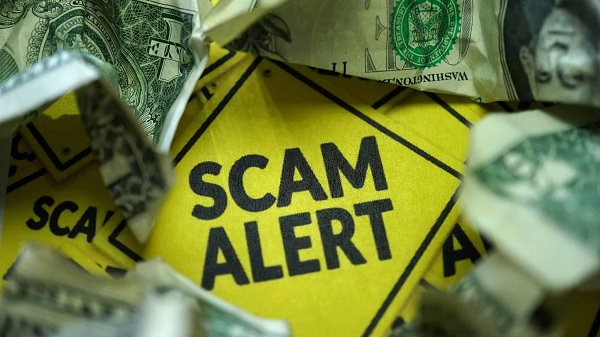
Fraudulent money changer practices can range from simple scams to more sophisticated schemes. Being aware of these practices and knowing how to avoid them is crucial to protect yourself. Here's a list of some common fraudulent money changer practices and tips on how to avoid falling victim to them:
Unrealistic Exchange Rates:
Fraudulent money changers may offer exchange rates that are significantly higher or lower than the market rate. Be skeptical of rates that seem too good to be true.
Avoidance Tip: Check the current market exchange rates from reliable sources before visiting a money changer and be wary of rates that deviate substantially from the norm.
Hidden Fees and Commissions:
Some money changers may advertise attractive rates but impose hidden fees or commissions, resulting in a less favorable overall exchange.
Avoidance Tip: Ask about all fees and commissions upfront. Choose money changers with transparent pricing and read the fine print on any receipts.
Bait-and-Switch:
Fraudulent money changers may quote one rate but provide a different rate when completing the transaction, claiming that the initial rate was a mistake.
Avoidance Tip: Confirm the exchange rate before handing over your money, and check that the rate on the receipt matches what was quoted.
Shortchanging:
Dishonest money changers may count the exchanged currency incorrectly or provide less money than agreed upon.
Avoidance Tip: Count your money carefully before leaving the money changer's premises, and ensure that the amount received matches the agreed-upon rate.
Counterfeit Currency:
Some fraudsters may give counterfeit currency or mix genuine and fake notes during the exchange.
Avoidance Tip: Familiarize yourself with the appearance of the local currency, and carefully inspect the notes you receive for any signs of counterfeiting.
Unauthorized Charges:
Fraudulent money changers may add unauthorized charges to the transaction without your knowledge.
Avoidance Tip: Review the receipt and ask about any charges you don't understand. Choose reputable establishments to minimize the risk of unauthorized fees.
Incomplete Transactions:
Fraudsters might trick you into thinking the transaction is complete while withholding some of your exchanged money.
Avoidance Tip: Ensure that the entire transaction is completed, and count the money received before leaving the money changer's location.
Fake Licenses:
Some scammers may operate without proper licenses or display counterfeit licenses to appear legitimate.
Avoidance Tip: Verify the legitimacy of the money changer by checking for official licenses and authorizations. Use established and reputable exchange services.
Pressure Tactics:
Fraudulent money changers may use high-pressure tactics, urging you to make quick decisions without proper consideration.
Avoidance Tip: Take your time, especially if you feel rushed. Avoid engaging with money changers who create a sense of urgency.
Exchange in Unsecure Locations:
Fraudsters may operate in unsecure or isolated locations where it's easier to carry out scams without being noticed.
Avoidance Tip: Use money changers in reputable and secure locations, such as banks or established exchange offices. Avoid impromptu transactions in unfamiliar or isolated places.
Remember to trust your instincts and prioritize transactions with established, reputable money changers. If something feels off or if the deal seems too good to be true, it's best to walk away and find a more trustworthy service. Additionally, always report any suspicious activities to local authorities.
